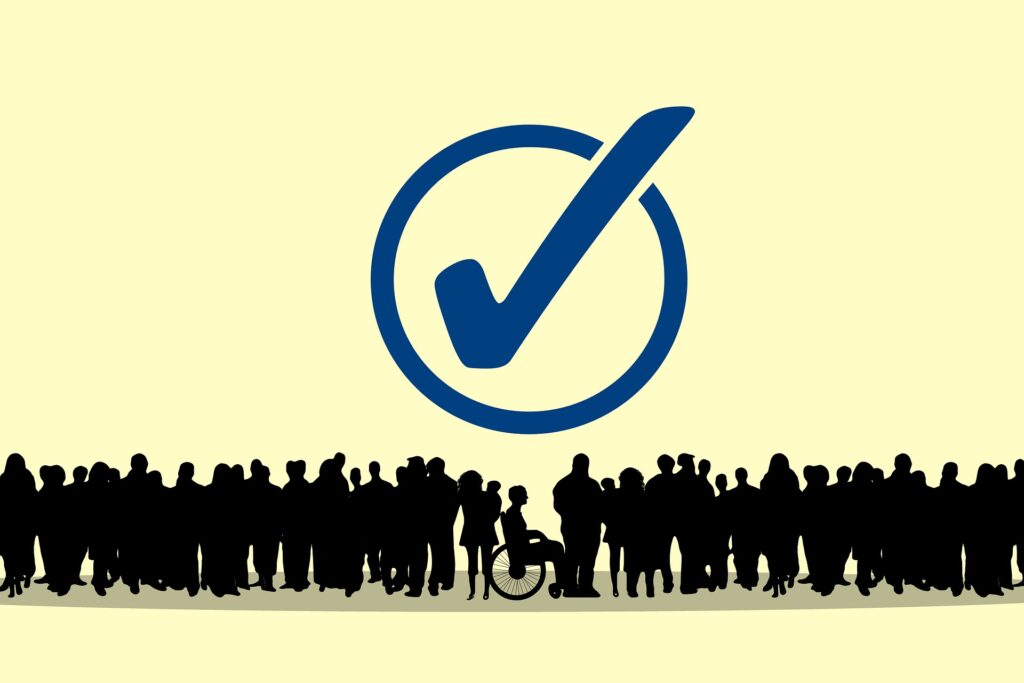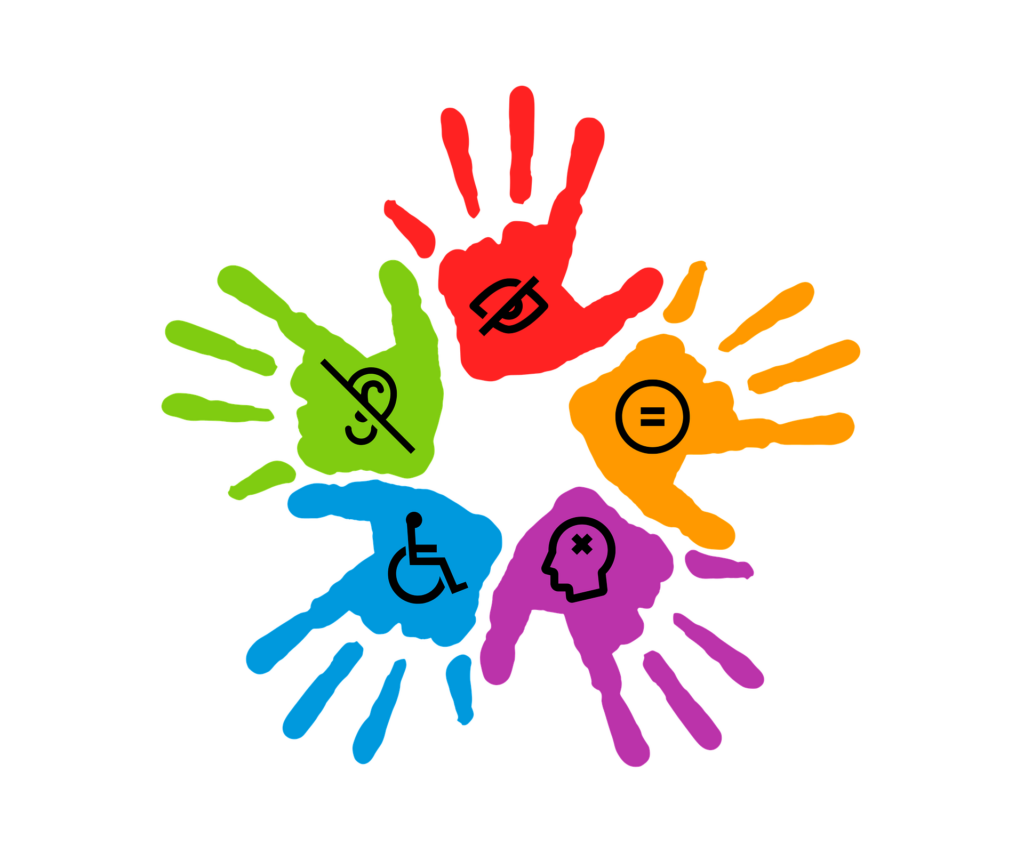The United Nations Day of persons with disabilities describes why we have this awareness day as:
“Disability inclusion is an essential condition to upholding human rights, sustainable development, and peace and security. It is also central to the promise of the 2030 Agenda for Sustainable Development to leave no one behind. The commitment to realizing the rights of persons with disabilities is not only a matter of justice; it is an investment in a common future.”
As far as HR and employment law is concerned this is a huge subject, but we have been looking at the recruitment and interviewing processes to ensure persons with disabilities are included equally with all.
To understand what is classed as a disability it is worth looking at the Acas website.
The job application process
To be inclusive it is essential to be able to attract talent from people across the board.
To ensure your recruitment processes are inclusive you should:
- Advertise the vacancy across broad platforms and agencies to reach as many applicants as possible and state clearly that you welcome applications from people with disabilities.
- Ensure your application packs use simple language and give people the option to apply in the way they prefer. Make it clear that your business offers alternative application packs, such as large text format or braille.
- If someone with dyslexia or who uses Sign Language as a first language, understand that there may be a reason for what you might consider poor grammar.
- Remember that people with chronic illnesses or disabilities sometimes take alternative routes to employment. Ensure you take into consideration experience gained from both employment and outside-of-work activities when looking at skills and abilities.
- Ask everyone coming for an interview if they have access needs even if they have not stated it. If the room you plan to hold interviews is not accessible choose a more suitable room within your building. This applies in general – is your office as accessible as it could be?
Interviewing someone with a disability
An individual can make their own decision as to whether to disclose any disability, and there is no obligation for anybody to do so. Disclosing a disability to a current or potential employer is something that can protect and assist an employee whilst at work.
It is against the law for employers to ask job applicants questions about their disability unless it is to ask if they can perform essential parts of the job that they have applied for.

Employing someone with disabilities
It may not be obvious whether someone is considered to have a disability. In most situations, it is advisable to look at how someone’s condition or impairment may affect them, rather than what the condition or impairment is.
In the United Arab Emirates, persons with disabilities are known as persons of determination. “The term ‘people of determination’ centres around focusing on capabilities and empowering those with disabilities rather than focusing on their deficits”, explains Fatma Al Jassim, a disability activist.
The Equality Act 2010 states that employers are required by law to make reasonable adjustments. The aim is to ensure that, as far as is reasonable, workers with a disability have the same access to everything involved in doing and keeping a job as workers without a disability.
The law does not require anything more than an employer to do what is reasonable. It could be that an employee takes breaks at certain times during the day to suit their medical needs, or moving an employee with mobility problems to a downstairs office, or fitting a handrail on stairs.
This also applies to anyone who becomes ill or impaired during their employment within the business.
What is meant by reasonable adjustments?
This depends on each individual situation. Some people with a disability may not require or want any adjustments, but if the problem is progressive this may change later.
The employer must consider if the adjustment will remove or reduce the disadvantage and is affordable and practical to make.
The employer does not have to change the actual job that the employee was hired for. Nor does an employer have to make adjustments that are unreasonable. However, they should still find other ways to support the person with disabilities. This could include making other adjustments that are reasonable when:
- they are aware that someone is disabled
- a disabled staff member or job applicant requests any adjustments
- someone who has a disability is having difficulty with any part of their job
- someone’s sickness record or delay in returning to work is linked to their disability
Unsure of what you should do as a business?
If you are not sure what is the correct thing to do for your employees, contact our HR and Employment team for a free initial discussion.

